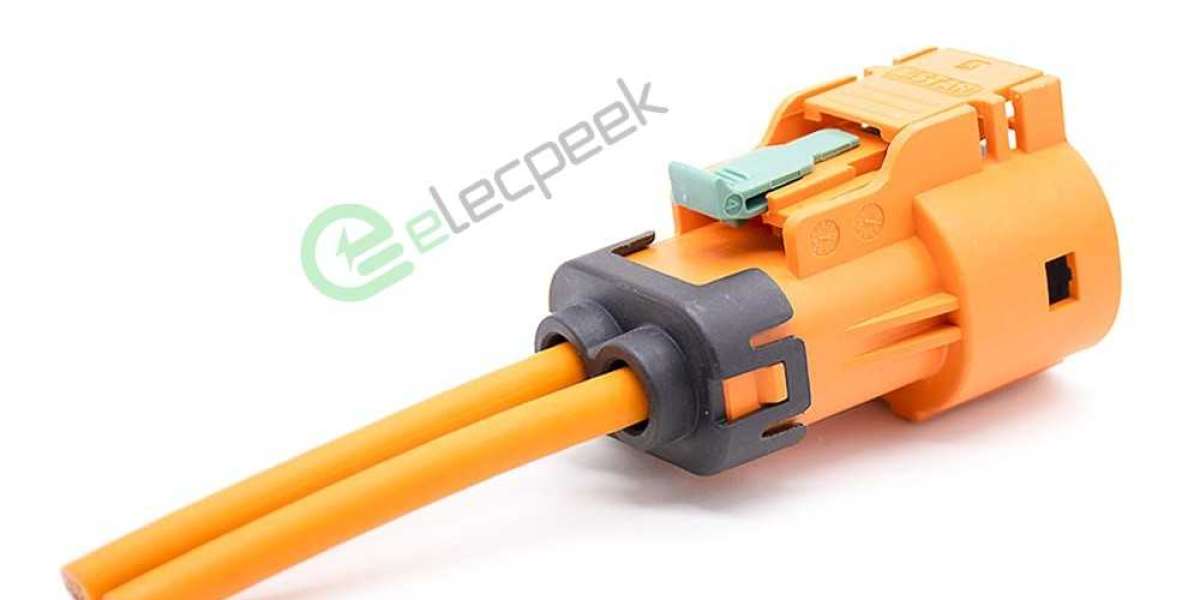As the world moves towards a greener future, the demand for electric vehicles (EVs) is on the rise. With this surge in popularity comes the need for efficient and standardized charging solutions. Enter J1772, a crucial component in the electric vehicle charging infrastructure. In this article, we will explore the ins and outs of J1772, its significance, and the benefits it brings to EV owners and the wider market.

The J1772 Standard: An Overview
The J1772 standard, also known as the SAE J1772, is a widely recognized and accepted industry standard for electric vehicle charging. Developed by the Society of Automotive Engineers (SAE), it defines the specifications for the electrical connectors, communication protocols, and charging levels used in EV charging stations. This standard ensures compatibility and interoperability among different EV models and charging equipment.
Understanding the J1772 Connector
At the heart of the J1772 standard is the J1772 connector, a key element that enables the safe and efficient transfer of electricity from the charging station to the EV. The J1772 connector consists of five pins, each serving a specific purpose. These pins include:
a) Power pins (L1, L2, L3): Responsible for delivering alternating current (AC) power to the vehicle's onboard charger.
b) Ground pin (GND): Provides a safe grounding connection to prevent electrical hazards.
c) Proximity detection pin (PP): Ensures a secure and reliable connection between the vehicle and the charging station.
d) Control pilot pins (CP): Facilitates communication between the charging station and the vehicle, enabling features like charging status, power limits, and vehicle identification.
J1772 Charging Levels
J1772 supports multiple charging levels, allowing EV owners to choose the charging speed that suits their needs. These levels include:
a) Level 1 (120V AC): Commonly known as "trickle charging," Level 1 charging uses a standard household electrical outlet to deliver a charging rate of around 2-5 miles of range per hour.
b) Level 2 (240V AC): Level 2 charging is the most prevalent and efficient option for residential, workplace, and public charging stations. It offers charging rates ranging from 10 to 60 miles of range per hour, depending on the power capacity of the charging station.
c) Level 3 (DC Fast Charging): Also known as DC fast charging or quick charging, Level 3 charging provides high-power charging capabilities, delivering up to 200 miles of range in as little as 20-30 minutes. J1772 does not directly support Level 3 charging but provides a signaling mechanism for vehicles with additional DC fast charging capabilities.
Advantages and Adoption of J1772
The J1772 standard has gained significant traction due to several key advantages:
a) Compatibility: J1772 ensures interoperability between EVs and charging stations, allowing EV owners to charge their vehicles at various locations, regardless of the manufacturer or model.
b) Safety and Reliability: The J1772 standard incorporates safety features such as ground fault protection, thermal protection, and communication protocols, ensuring secure and reliable charging experiences.
c) Market Standardization: By establishing a common standard, J1772 has fostered the growth of the EV charging infrastructure, encouraging the installation of more charging stations and enabling the widespread adoption of EVs.
Conclusion:
As electric vehicles become an increasingly integral part of our transportation landscape, the importance of standardized charging solutions cannot be overstated. The J1772 standard plays a vital role in providing compatibility, safety, and convenience for EV owners. With its well-defined connector and support for various charging levels, J1772 paves the way for a more accessible and reliable electric vehicle charging network. Embracing J1772 as a market standard is a crucial step towards a sustainable future powered by electric mobility.








